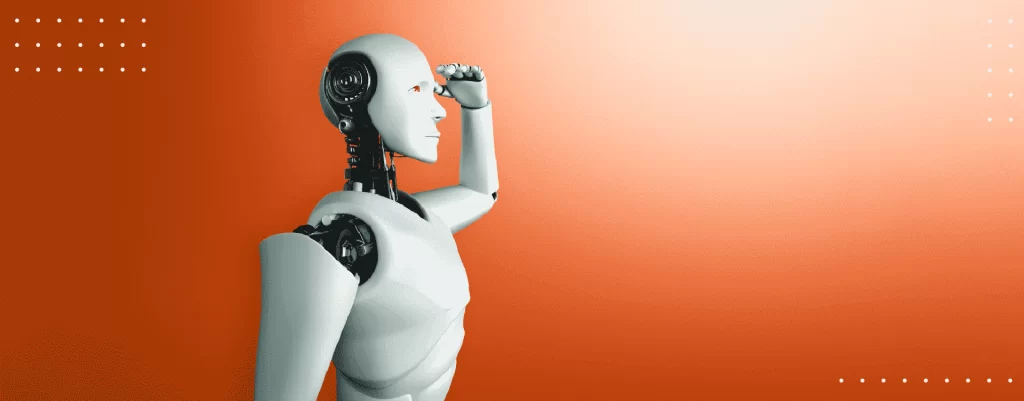When disappearing notes intersect with memory implants & cognitive uploads?

In a world where memory implants and cognitive uploads have become a reality, the concept of disappearing notes takes on new and profound implications. As our minds become increasingly integrated with digital technologies, the boundaries between our biological memories and digital archives blur. In this context, online note apps that offer disappearing or self-destructing notes become more than just a tool for secure communication – they shape and curate our identities. Allowing users to delete or expire specific notes, online notes, and selective apps can help individuals control their digital legacies, ensuring that only the memories and ideas they wish to preserve are kept for posterity.
The intersection of disappearing notes and memory implants also raises important questions about the nature of memory itself. As our biological memories become increasingly augmented by digital technologies, the distinction between “true” memories and “false” ones may become blurred. Online note apps that offer disappearing notes mitigate this risk by providing a clear record of when and how memories were recorded and allowing users to delete or modify notes that may be inaccurate or misleading. Another important consideration is the potential for disappearing notes to be used as a tool for cognitive enhancement. Online note apps can help users focus on the most relevant and valuable information by allowing individuals to delete or archive specific memories and ideas selectively.
However, the use of disappearing notes in the context of memory implants and cognitive uploads also raises critical ethical concerns. For example, risks may be associated with allowing individuals to selectively delete or modify their memories, particularly if they are shared with others or used as evidence in legal or medical contexts. Therefore, online note apps that offer disappearing notes must be designed with robust safeguards and controls to prevent abuse the integrity of digital memories. Another important consideration is the potential for disappearing notes to be used for social control or manipulation. In a world where memories and ideas can be selectively deleted or modified, there is a risk that those in positions of power could use these tools to shape public opinion or restrict access to certain types of information. Therefore, online note apps that offer disappearing notes must, be designed with strong protections for user privacy and freedom of expression.
Despite these challenges, the potential benefits of disappearing notes in the context of memory implants and cognitive uploads are significant. By giving individuals greater control over their digital legacies and allowing for the selective curation of memories and ideas, online note apps can help create a more personalized and meaningful digital experience. The intersection of disappearing notes and memory implants is likely to become an increasingly important area of research and development. Online note apps that offer disappearing notes are well-positioned to play a vital role in this exciting and transformative landscape. As we navigate to this website notesonline.com to explore the future of disappearing notes and cognitive uploads, it is clear that the journey ahead will be complex and challenging. Whether we use online note apps to preserve our most cherished memories or selectively curate our digital legacies, the possibilities are endless – and the potential for positive change is immense.









